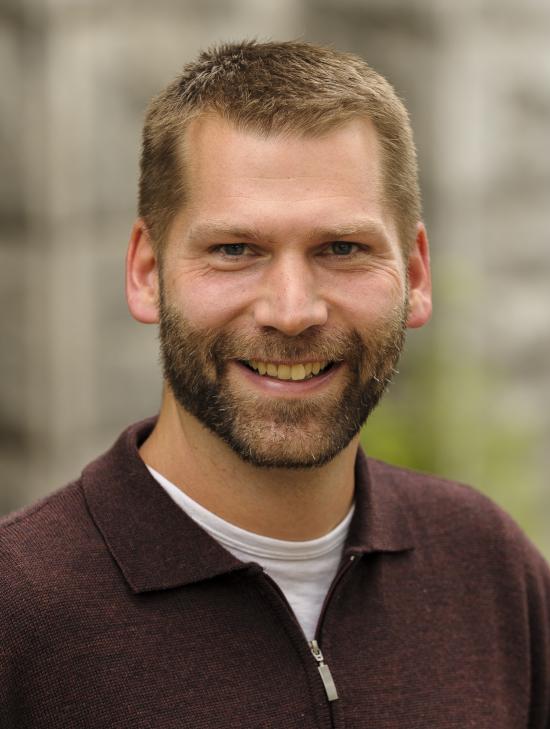From SF Weekly
The San Francisco-based neighborhood social media platform has a Karen problem.
By Veronica Irwin
It is now well understood that online forums and social networks that require users to identify themselves with their real names enjoy a higher level of decorum than those which allow anonymity...
“People have always dealt with that one neighbor who’s always upset about stuff — that isn’t new” says Coye Cheshire, a professor at the UC Berkeley School of Information. However, he observes, these kinds of conversations used to take place in driveways and at city council meetings. By bringing that all online, he argues that Nextdoor’s creators set themselves up to have to deal with the same problems communities are naturally plagued with, including racist and classist gadflys...
“The problem is the same as other social media: that you can accidentally end up focused on these bubbles of information,” says Cheshire. “Even if you know that, it’s hard to not fall victim to ‘oh, everyone in my community is concerned about this issue.”
“Giving people some kind of agency and control over their local environments — that’s a good thing” summarizes Cheshire. The stated mission of Nextdoor to “cultivate a kinder world” is admirable, and a platform meant to connect people to neighborhood information, goods, and services can be extremely useful. “The downside, of course, is that some of the most hateful things I’ve ever seen said have happened on Nextdoor,” says Coye.
Coye Cheshire is a professor at the UC Berkeley School of Information. He studies social psychology and group processes, with a focus in social exchange, cooperation, and trust in technology-mediated environments.










